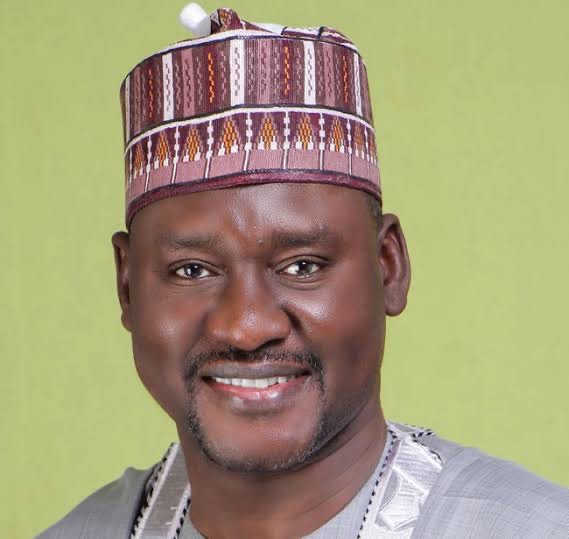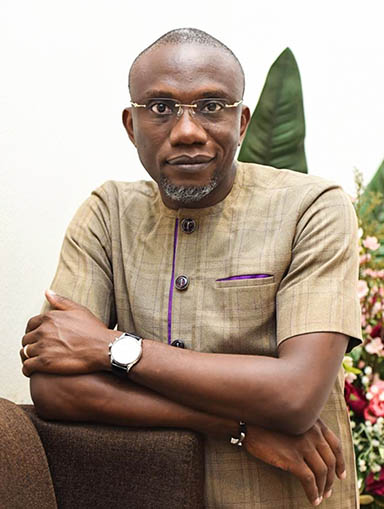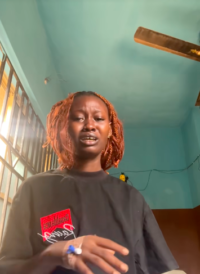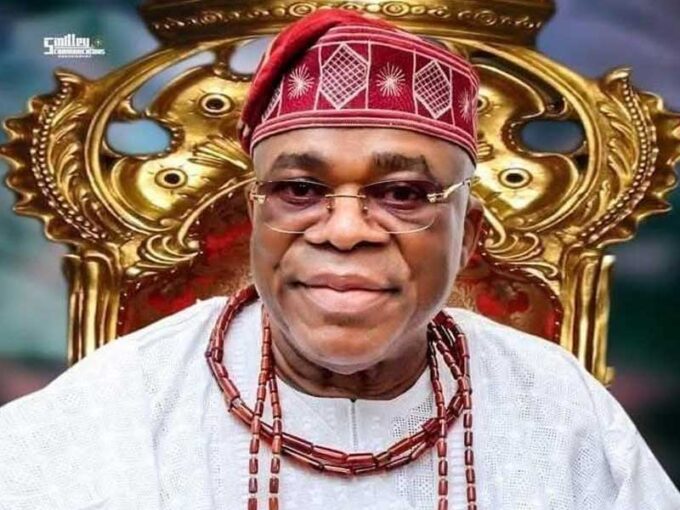Chiemelie Ezeobi
The Civil Society Legislative Advocacy Centre (CISLAC), the Nigerian chapter of Transparency International, has expressed deep concern over what it describes as a growing perception of judicial corruption in Nigeria, warning that the trend threatens the country’s anti-corruption drive, democratic stability, and the integrity of the rule of law.
In a strongly worded statement issued by the Executive Director of CISLAC and Head of Transparency International Nigeria, Comrade Auwal Ibrahim Musa (Rafsanjani), the organisation lamented that recent developments in the judiciary have cast doubt on the integrity of legal processes and weakened the work of law enforcement bodies such as the Economic and Financial Crimes Commission (EFCC) and the Independent Corrupt Practices and Other Related Offences Commission (ICPC).
According to CISLAC, these agencies have invested “significant resources, time, and effort” in prosecuting high-profile corruption cases, only for such cases to be dismissed in court.
Comrade Rafsanjani particularly raised concerns about the rulings of Justice Chukwujekwu Aneke of the Federal High Court, who he said had struck out several corruption cases despite what CISLAC described as “impeccable evidence.”
He cited the case involving former Chief of Air Staff, Air Marshal Adesola Amosu, accused of misappropriating ₦22.8 billion, and the ruling which cleared former Ekiti State Governor, Ayodele Fayose, despite testimony from former Minister of Defence, Musiliu Obanikoro, that ₦2.3 billion was delivered to Fayose in cash using two private jets.
Other cases referenced by CISLAC included the $140,000 fraud case involving Abdullahi Babalele, son-in-law of former Vice President Atiku Abubakar; a ₦322 million money laundering charge against Senator Peter Nwaoboshi; and the ₦12.3 billion case against Honeywell Group Chairman, Dr. Oba Otudeko — all of which were struck out by Justice Aneke.
“These rulings cast a dark shadow over the justice system,” Rafsanjani said, noting that the situation recalls the infamous case of former Delta State Governor, James Ibori, who was acquitted of corruption charges in Nigeria but later convicted on similar evidence in a UK court.
He warned that judicial decisions perceived as shielding corrupt officials erode public trust and undermine the country’s appeal to foreign investors.
“No investor would be confident in a system where the judiciary is seen as unethical or as shielding corrupt public officials,” he said.
Rafsanjani also urged financial scrutiny of judicial officers, calling on the EFCC, the Nigerian Financial Intelligence Unit (NFIU), and other relevant agencies to investigate the assets and lifestyles of judges whose wealth appears inconsistent with their official income.
He further alleged that some judicial officers may be benefitting from undue political influence, including luxury housing allocations reportedly facilitated by the Minister of the Federal Capital Territory (FCT), Nyesom Wike, which he said compromises judicial independence.
CISLAC called on the National Judicial Council (NJC) to take immediate steps to restore discipline and accountability within the judiciary.
“The Council must not be silent while public confidence in the courts erodes,” Rafsanjani said.
He also called on the Code of Conduct Bureau (CCB) to enforce regular and transparent asset declarations by all public officials, including judges, as required by law.
“The judiciary must rise above allegations of inducement and partisanship,” Rafsanjani added. “Nigerians deserve a justice system that upholds the rule of law and protects the rights of the people, not one that serves the interests of the powerful. If the judiciary fails, democracy and justice are both at risk.”
CISLAC concluded with a call for collective civic vigilance, urging citizens, the media, and civil society organisations to hold the judiciary to higher standards of transparency and accountability.
According to Rafsanjani, “The time to act is now, before judicial credibility is irreparably damaged in the eyes of Nigerians and the international community.”
















Leave a comment